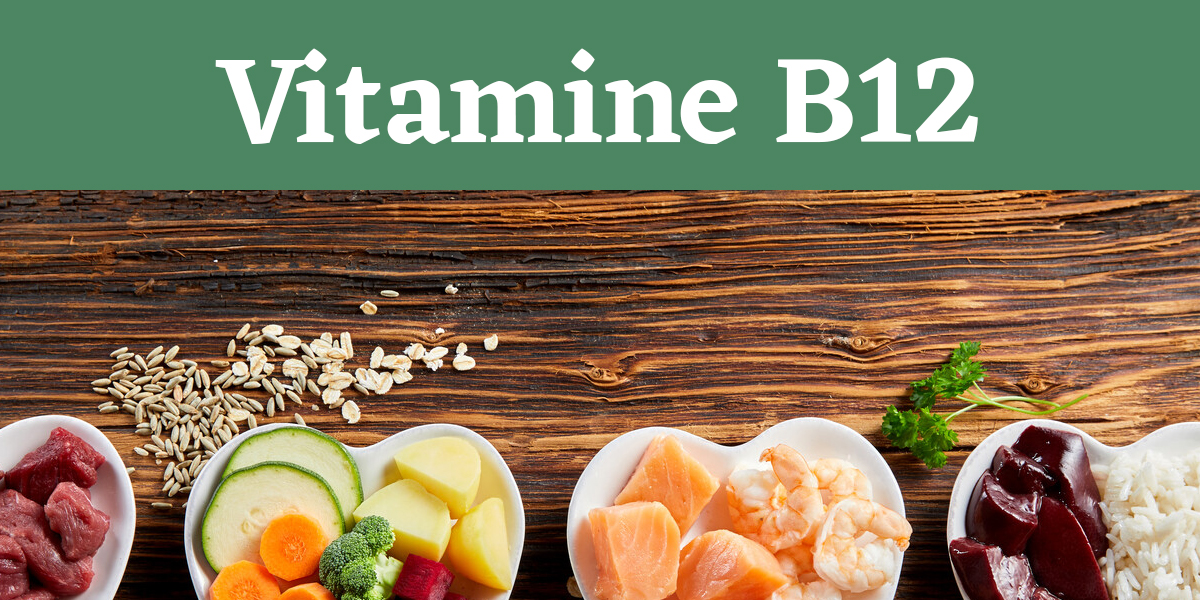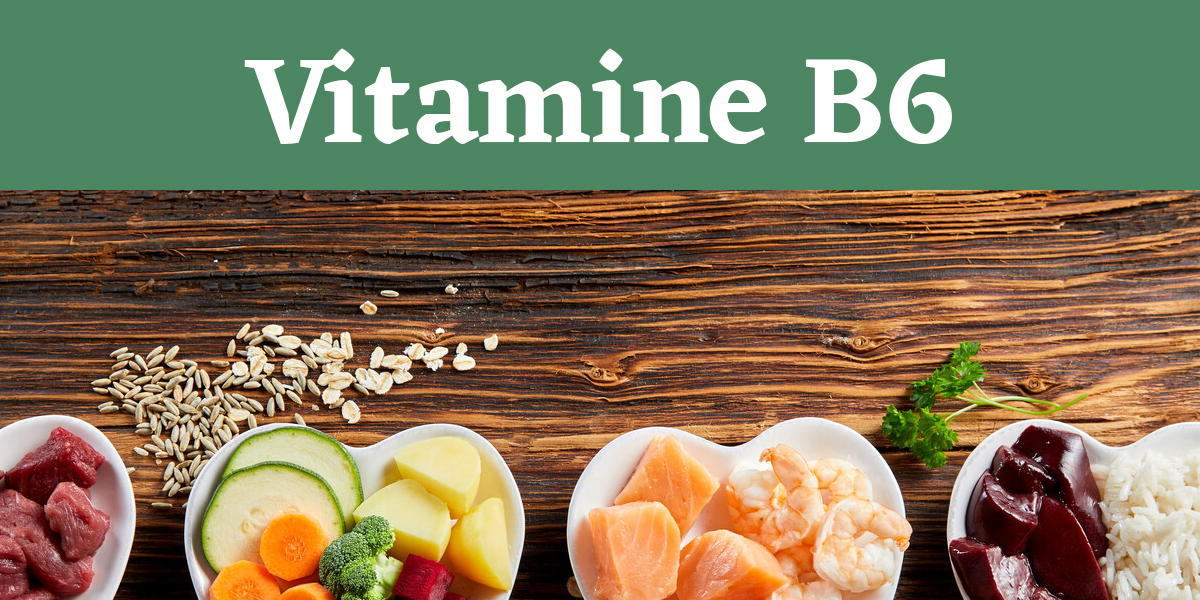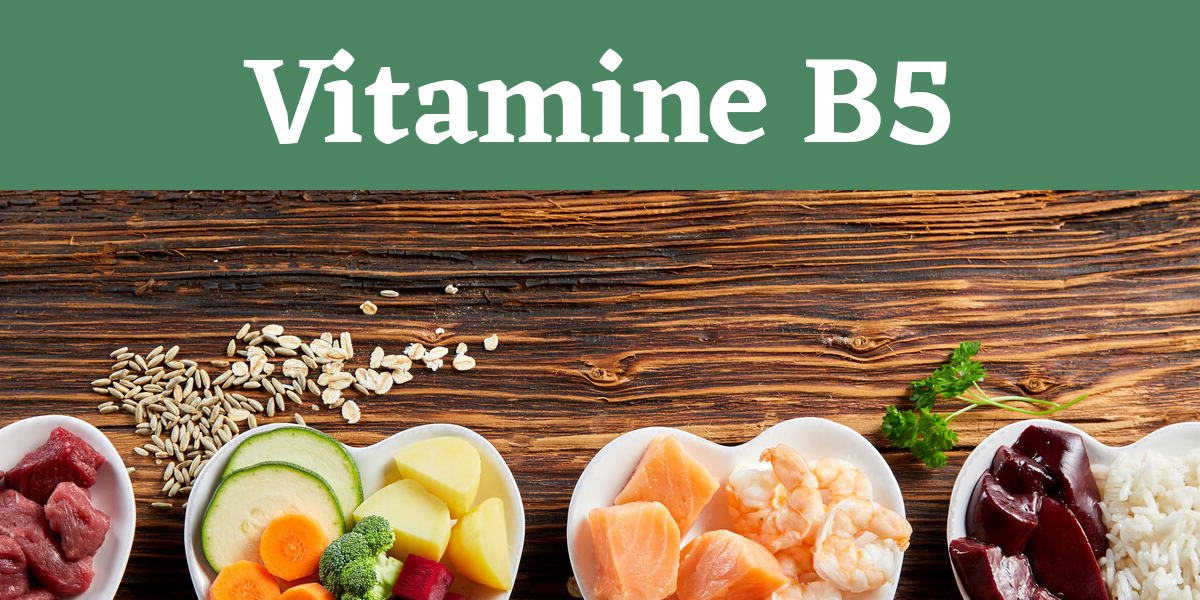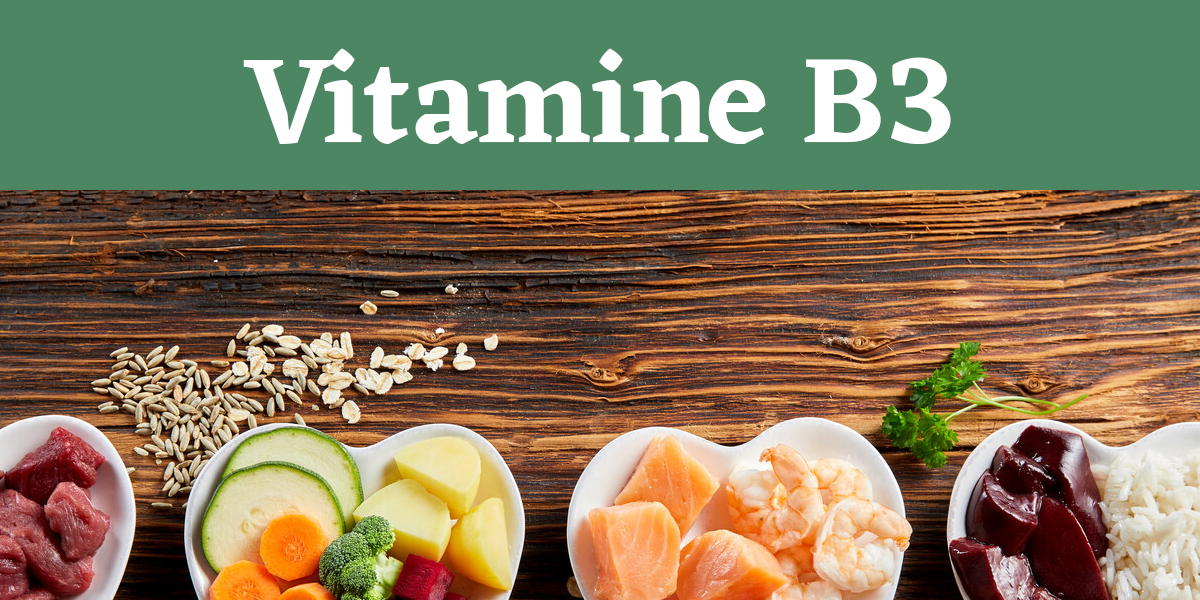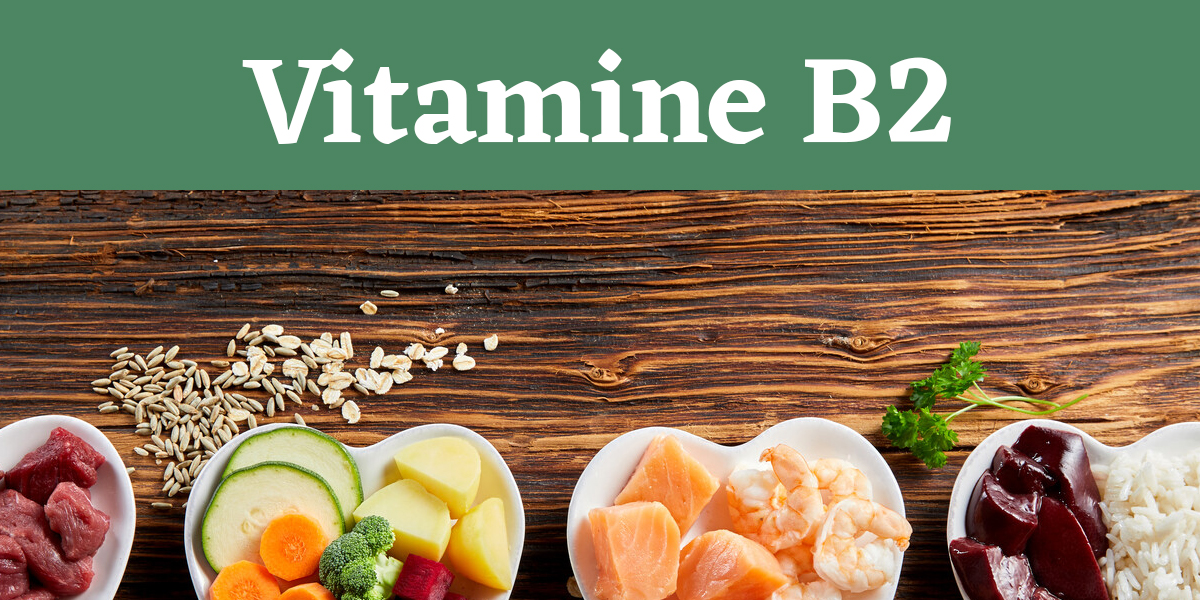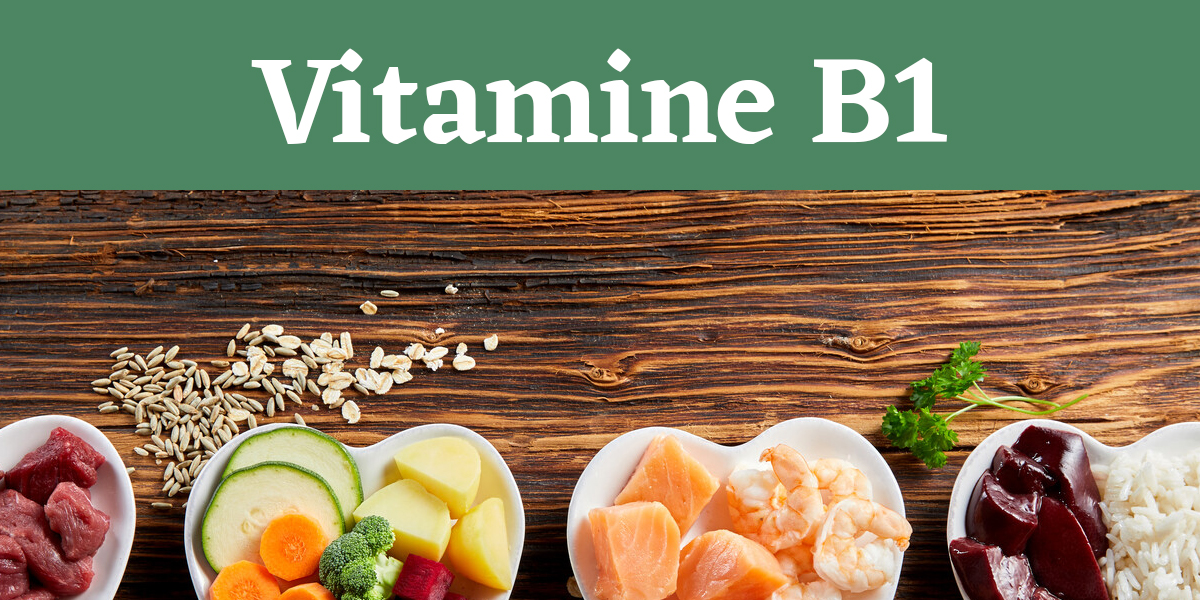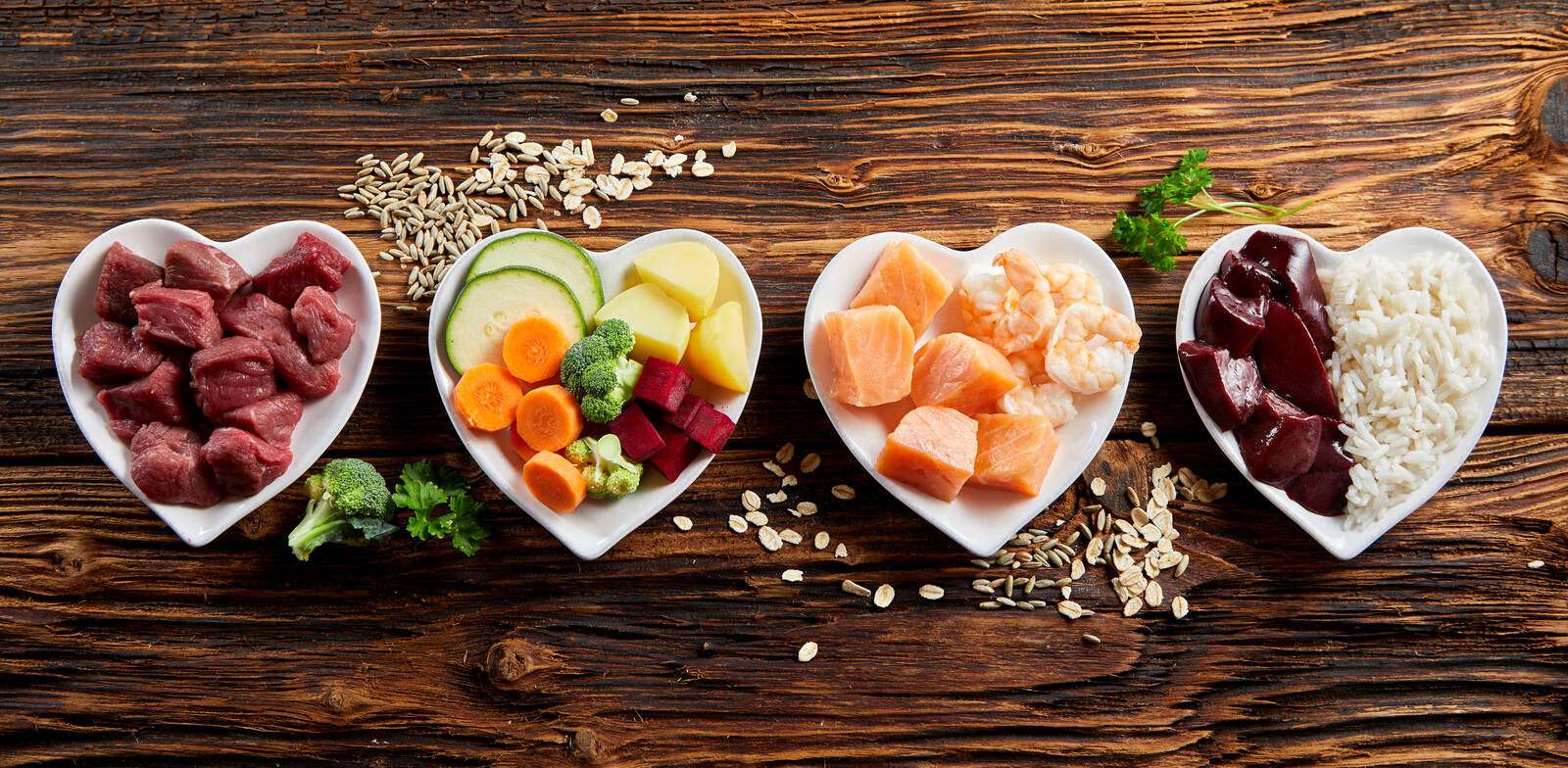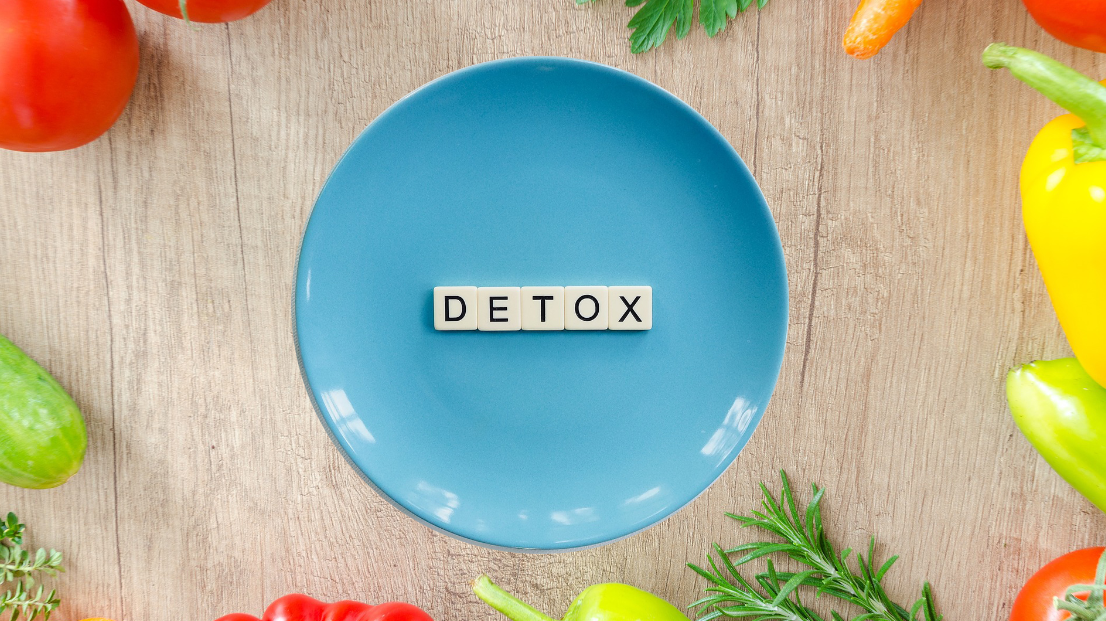General
Vitamin B6, also called pyridoxine, is a water-soluble vitamin that belongs to the vitamin B complex. Vitamin B6 should be made sufficiently available on a daily basis through a high-quality diet or through supplementation. In addition, a healthy intestinal flora can also produce vitamin B6.
Vitamin B5, also called pantothenic acid, is a water-soluble vitamin that belongs to the vitamin B complex. Vitamin B5 is not stored in the body and must be made sufficiently available on a daily basis through a high-quality diet or through supplementation. In addition, a healthy intestinal flora can also produce vitamin B5. It is also essential to get enough vitamin C, as this activates the role of vitamin B5 in the body.
Vitamin B3, also called nictotinic acid, niacin or Inositol hexaniacinate, is a water-soluble vitamin that belongs to the vitamin B complex. Vitamin B3 is not stored in the body and must be made sufficiently available on a daily basis through a high-quality diet or through supplementation. But the body can also produce vitamin B3 itself using vitamins B1, B2 and B6 from the amino acid tryptophan, provided that these are sufficiently available.
Vitamin B1, also called thiamine, is a water-soluble vitamin that belongs to the vitamin B complex. Vitamin B1 is not stored in the body and must be made sufficiently available on a daily basis through a high-quality diet or through supplementation.
There are several B vitamins that are very important for our body. B vitamins are water soluble vitamins. These vitamins work together and are indispensable for a large number of biochemical processes in our body. They perform many important functions in the body system. Some functions are the conversion of food energy and ensure a well-functioning nervous system.
If our body is in balance then it has no problem with a little pollution. The defense mechanism can easily respond to this. The liver is our largest detoxification organ. In addition, the intestines, kidneys, lungs and skin also play an important role with regard to the excretion of contaminants. However, it will cause problems if the toxins start to accumulate in the body, which can cause complaints to develop.
Good nutrition not only provides the necessary fuels, which the body needs for the production of energy and body heat. Good nutrition also contains all kinds of molecules that our body uses directly or indirectly in all kinds of processes such as regulation, defense, recovery processes and many other processes.








